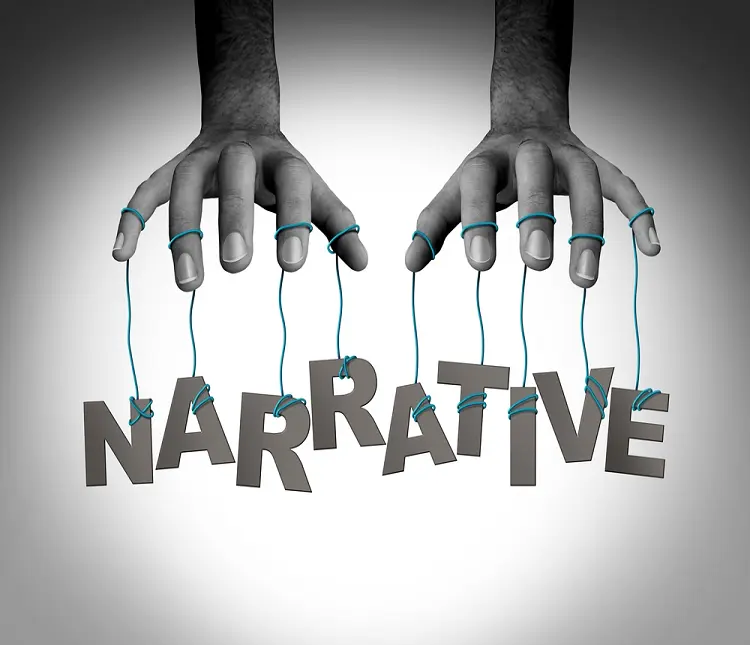
Thesis statements for narrative essays should summarize the central theme of the story. Although the thesis statement is longer than the body of the narrative essay, it must convey the significance of the lesson that the story tells. In other words, it should make the reader feel that the story was worth reading. Once the reader is convinced of the importance of the lesson, the narrative essay is ready to be written.
Writing a thesis statement for a narrative essay:
A thesis statement is an important part of a narrative essay. It can serve as the underlying theme of the essay and should be easy to understand for the reader. A good thesis should be something the reader can relate to. The essay’s body must also include supporting points that support the thesis statement. While you may have many ideas, you should keep your thesis statement straightforward. It should reflect the author’s personal experience.
Develop a thesis statement:
How to write a narrative essay? Once you have chosen a theme for your narrative essay, you can begin to develop a thesis statement. This statement should be specific to your narrative essay. For instance, a story might start with a memorable experience that you’ve had in your life. This theme should help you organize your thoughts and make them more compelling. It will also help you ensure you don’t repeat things you have already been saying.
Try to convey your story:
Your thesis statement for a narrative essay should tell the reader what you are trying to convey in the story. The thesis statement should set the stage for your reader. For example, if the story is about your childhood, the thesis statement can offer a lesson learned. Or it can identify a theme. Depending on the level, a thesis statement can be the first sentence of a paragraph. If you’re writing about a family tragedy, the thesis can be the first line of the narrative.
Creating a thesis statement for a narrative essay:
The thesis statement for a narrative essay is a critical part of the writing process. Creating one can be challenging since it must express your personal experience or opinion. It will serve as the backbone of your narrative essay. This statement is usually one or two sentences long and should express your point of view. The following are some tips on creating a thesis statement for a narrative essay. Consider the following guidelines if you can’t develop a good thesis statement.
Crafting a thesis statement for a narrative essay:
The thesis statement for a narrative essay is a short sentence that conveys the essay’s central theme. As with any other article, the reader should easily understand the thesis statement and describe the essay’s main idea. A good thesis statement relates to the reader’s life experiences and doesn’t sound too complicated. For this reason, you should be as specific as possible when crafting the thesis statement for your narrative essay.
Although narrative essays generally do not aim to make a strong argument or prove a point of view, they need a coherent structure. The reader should be able to follow the story and draw some larger meaning from it. Therefore, a thesis statement for your narrative essay is very important. But, remember that you can only write a thesis statement for your narrative essay if you have a clear idea about the central theme of your essay.
The narrative essay should be concise:
A good thesis statement for a narrative essay should be concise and reflect the writer’s purpose and the evidence supporting it. If you are writing about a problem or an event, your thesis statement should be a concise and clear assertion of that point. In the body of your essay, you will discuss the supporting issues you made, and the conclusion should interestingly restate the thesis statement. Remember to be specific.
Author Bio:
Carmen Troy is a research-based content writer, who works for Cognizantt, a globally recognized professional SEO service and Research Prospect; an 论文和论文写作服务 Mr Carmen holds a PhD degree in mass communication. He loves to express his views on various issues, including education, technology, and more.


